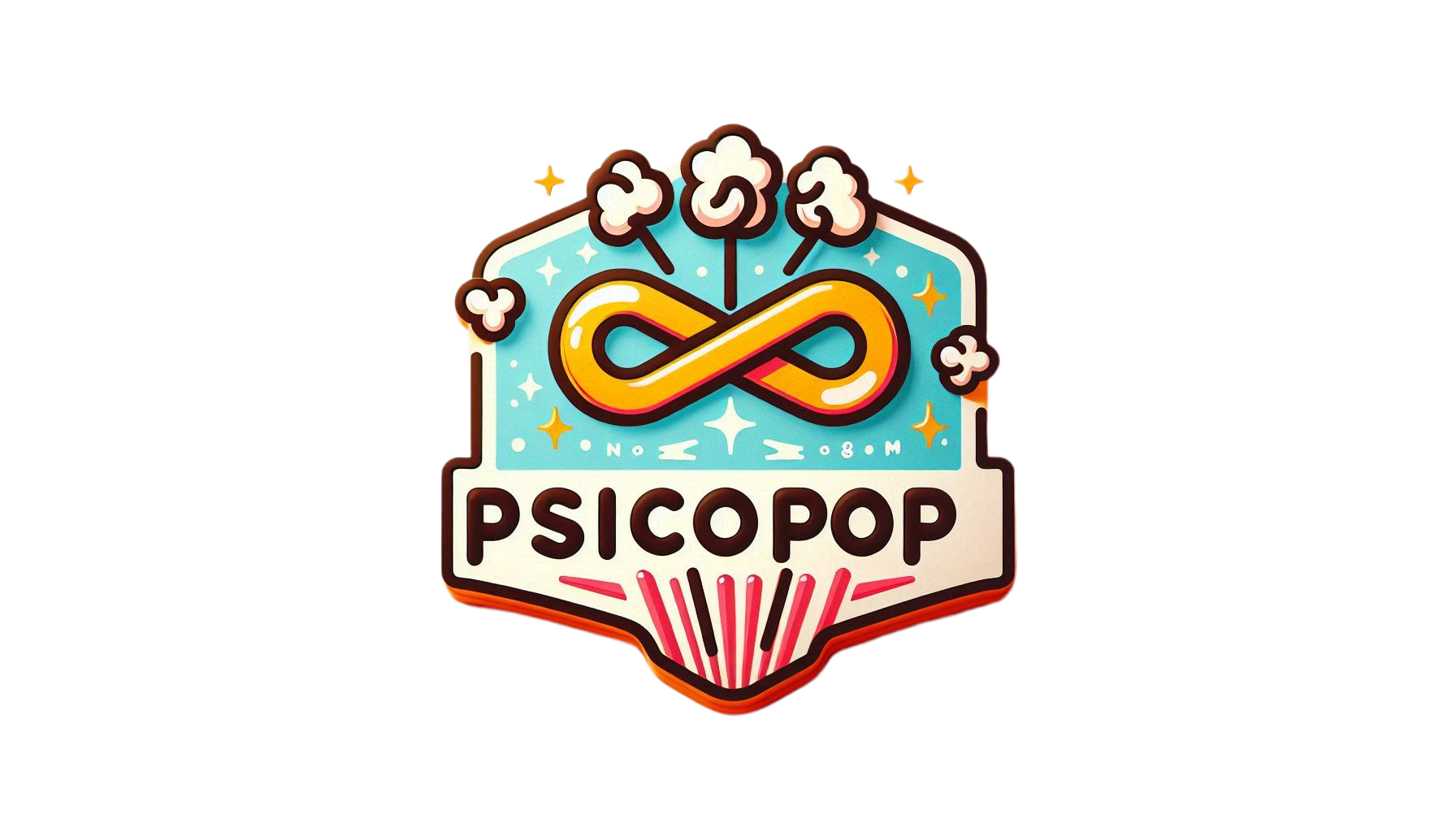Sit and do nothing? If someone suggests such a plan, your mind will probably go to the to-do list or “better things to do”. It’s funny because maybe we have the feeling that the day doesn’t have enough hours to cope with everything we have to do, but when we’re not doing anything we quickly connect to our mobile devices to do something online or respond to a comment on a social network in a continuous and tireless search for entertainment.
But have you ever thought about boredom as a valid, doable option?
Neuroscience explains that boredom doesn’t have an excellent reputation, but it actually contributes to increased creativity, task engagement and work productivity – yes! Boredom improves how we produce at work!
A study published in the journal Science describes an experiment in which people preferred giving themselves a mild electric shock to being alone with their thoughts .
☝🏻 In the experiment, a group of people were asked to sit quietly for 15 minutes in a room doing nothing. The alternative was to press a button and give themselves an electric shock. Although receiving a physical shock is unpleasant, many people – especially men – preferred it to being deprived of external sensory stimuli.
It is as if we are running away from our thoughts all the time and looking with some anxiety for something to catch us, with no space to think about where introspection lies. It is the fear of being alone with oneself
.
The brain works 24 hours a day, 7 days a week, even when we sleep, the brain works: it listens, detects and manages stressors to keep us safe and sound. The brain looks for solutions, makes decisions and thinks of possibilities, even when we are not aware of it. No holidays. No rest.
In Italy, Il dolce far niente (“ the sweetness of doing nothing”) is part of the culture of a country where rest, the pleasure of doing nothing, is part of life.
.
We’re not talking about doing a gacha, it’s something more profound: it’s about putting aside the rhythm of everyday life and dedicating a moment to introspection, relaxation and the awareness of living at the moment.
Alicia Walf, a neuroscientist and researcher in the Department of Cognitive Science at Rensselaer Polytechnic Institute in the US, says it is essential for brain health to let yourself be bored, once in a while. Boredom enhances social connections – in fact, the brain has a ‘skipping mode’ network that activates when we disengage from doing things, fostering creative ideas, replenishing low reserves and providing an incubation period for embryonic ideas to be born – what they call insight or inspiration moments.

In a study published in Academy of Management Discoveries, researchers bored one group of people by instructing them to sort beans by colour, while another group was given a more interesting task . They were then asked to come up with excuses for being late. The bored group outperformed their counterparts in both number and creativity of ideas, as judged by an objective outside group.
We are bored because we have too many stimuli, and so we end up needing more and more stimuli to avoid boredom. It’s a vicious circle
.
Sandi Mann worked as a clothing shop clerk and cytology examiner before deciding to publish what is the ultimate great analysis of boredom , not to play the tormented poet, but to explain why it is advisable to be bored.
As sleep is an important and productive time for the brain, downtime is vital for our mind and our well-being.
Escaping boredom is not the same as occupying our day with different activities: we have to do different tasks, but it is also important to dedicate some time to do nothing because our mind can disconnect, rest and create: it is an investment to have a fresh, awake and creative mind.
.
Boredom has been the engine of ingenuity: Newton with the Law of Gravity, Descartes with The Discourse of Method, Adam Smith with The Wealth of Nations are just a few examples.

We have increased our life expectancy, achieved paid holidays, retirement and even 35-hour weeks. We have invented many things to speed up and ease our day-to-day life: car, microwave, washing machine, computer… Furthermore, we have gained time, a lot of time, but what have we done with it?
We have forgotten to live slowly without our pockets vibrating, we finish the working day, and we worry about what we can occupy our time with: the gym, the fashionable series…. We fill our agenda with things we need to do, and we don’t leave holes because our brain guides us towards things we hadn’t thought of or, simply, to do nothing.
Byung-Chul Han, the leading thinker of the new millennium and the one who most harshly criticises the vices of the ultra-connected society, has found himself a hobby to bore himself a little: gardening .

Boredom at a given moment is good because it helps you to discover what you like or to imagine new activities, beyond fads.
Hyperactivity would explain trends such as the craze for after-school classes. These activities, which are usually chosen by parents in an attempt to train and diversify their children’s leisure resources, end up having the opposite effect: children who have not had to manage spaces of boredom may have more difficulty in managing independent thinking, less creative capacity and less capacity for improvisation.
If there’s one thing worse than losing your mind, it’s getting stuck on your own. Don’t you see it that way?
📎 Alcaine, A. [Albert]. (2024, 08 August). Enjoy the boredom!. PsicoPop. https://www.psicopop.top/en/enjoy-the-boredom/
📖 References:
